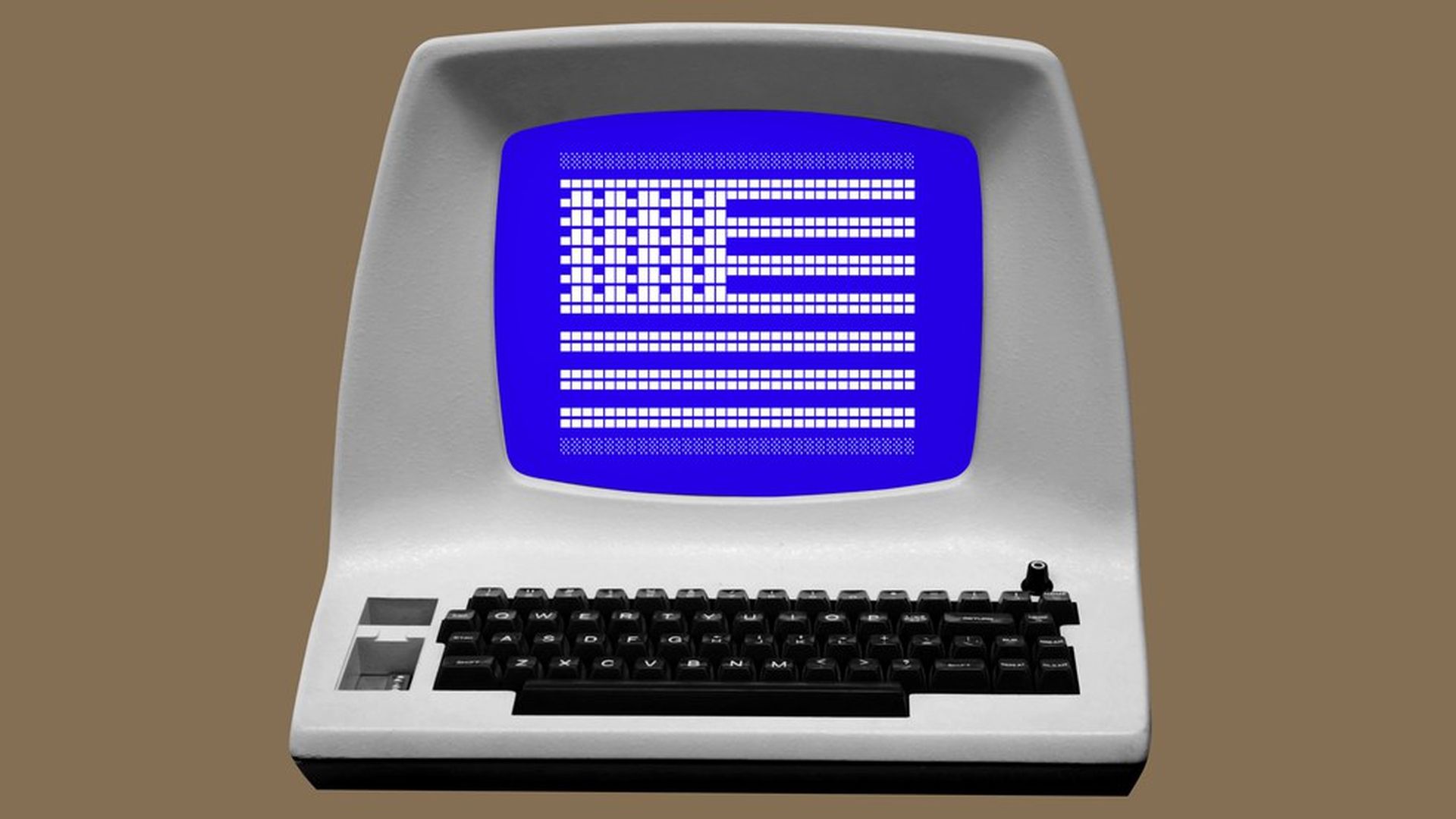Exclusive: Senator wants administration to reckon with A.I.
Add Axios as your preferred source to
see more of our stories on Google.

Lazaro Gamio / Axios
A Democratic senator is working on a bill meant to prod the federal government to grapple with the potential impact of artificial intelligence on everything from workers to privacy.
Washington state's Maria Cantwell has circulated draft legislation — which has yet to be introduced and could still be edited — to create a board that would provide advice on a broad range of AI-related topics to the federal government.
Why it matters: As it stands, the U.S. has no policy on the potential threat of robotization to jobs, or even a legal definition of AI. The draft bill falls short of ordering action or formulating policy. But, if it moves all the way to President Donald Trump's desk and is signed into law, it would push the executive branch to begin wrestling with the issues, and could officially define A.I. in a federal law for the first time.
The details:
- The draft of the bill, obtained by Axios and confirmed as authentic by a second source familiar with the draft, would establish an advisory committee that would counsel the Secretary of Commerce. The committee's powers appear to be limited, but it is a first step in establishing federal policy in an increasingly important sphere.
- The committee would also look at questions like whether "networked, automated, artificial intelligence applications and robotic devices will have displaced more jobs than they have created by 2025," and how bias can "be eliminated in the development of artificial intelligence and in the algorithms that support them," per the draft text.
- The committee would include representatives of companies, civil liberties groups and organized labor.
- It follows a White House report late last year on the economic impact of AI, as well as a Senate hearing on the technology. So far the current administration hasn't really waded into the topic.
Sign of the times: Ryan Calo, a professor at the University of Washington's law school, said in an email that while federal law lacks a definition of AI — that's not the case at the state level. For example, Nevada defines AI in a law governing driverless cars.
What to watch: Cantwell's office did not respond to multiple requests for comment sent over the weekend. But a source familiar with the draft said that she is soliciting feedback on the bill and seeking a Republican co-sponsor, and appears to want to move quickly to introduce it.
Sound smart: Authorities at all levels of government are slowly wrapping their heads around the A.I. boom that's so far dominated by Silicon Valley companies like Google, Apple and Facebook, in addition to Chinese companies like Baidi and Tencent. And there's no shortage of issues they'll need to address, like how to make sure privacy is protected when A.I. systems are consuming massive amounts of data.
And the impending policy discussions will touch more than the usual suspects who regulate tech: the draft of the bill requires that representatives of the Education Department and National Institute of Justice be appointed to the committee.
